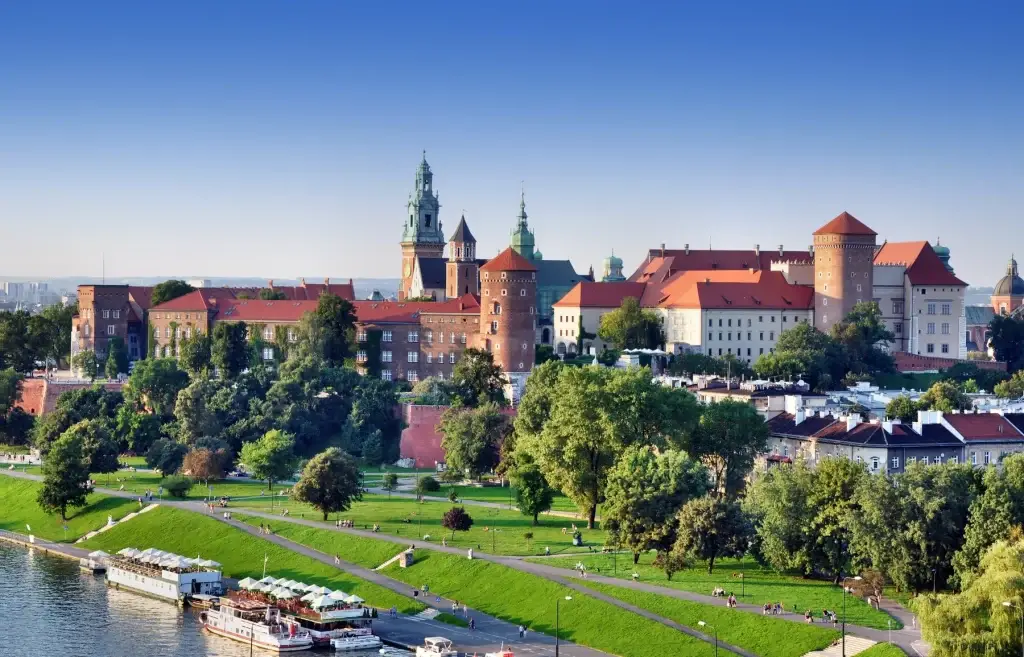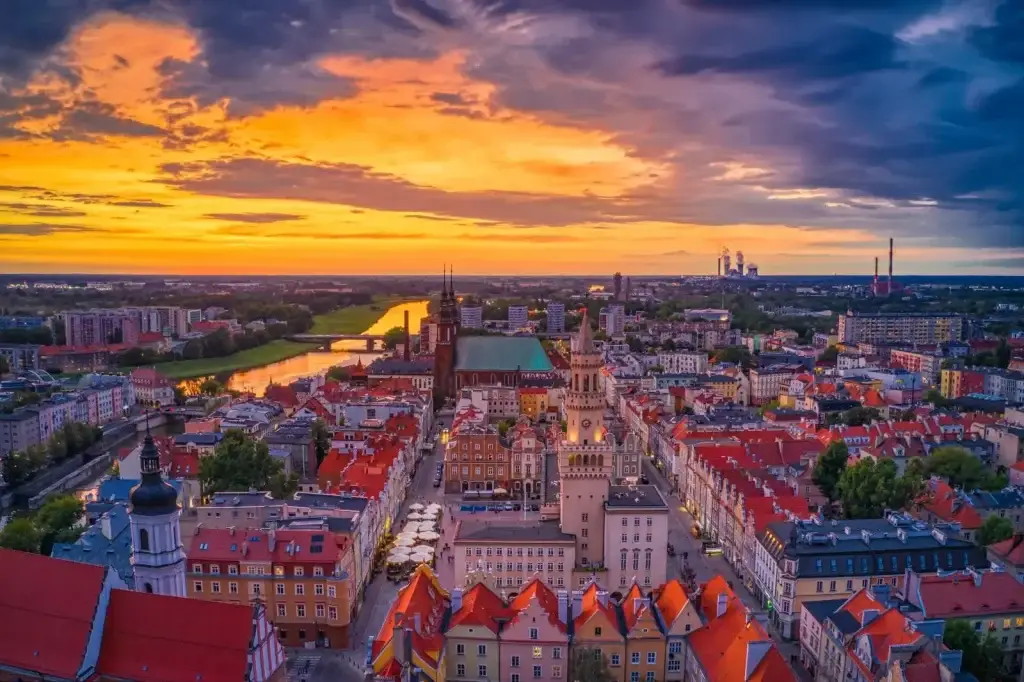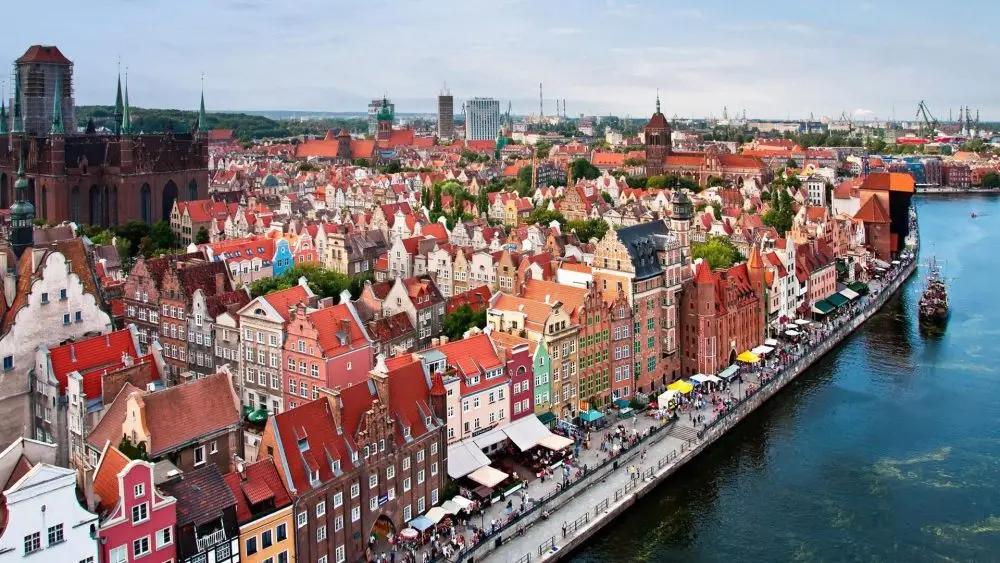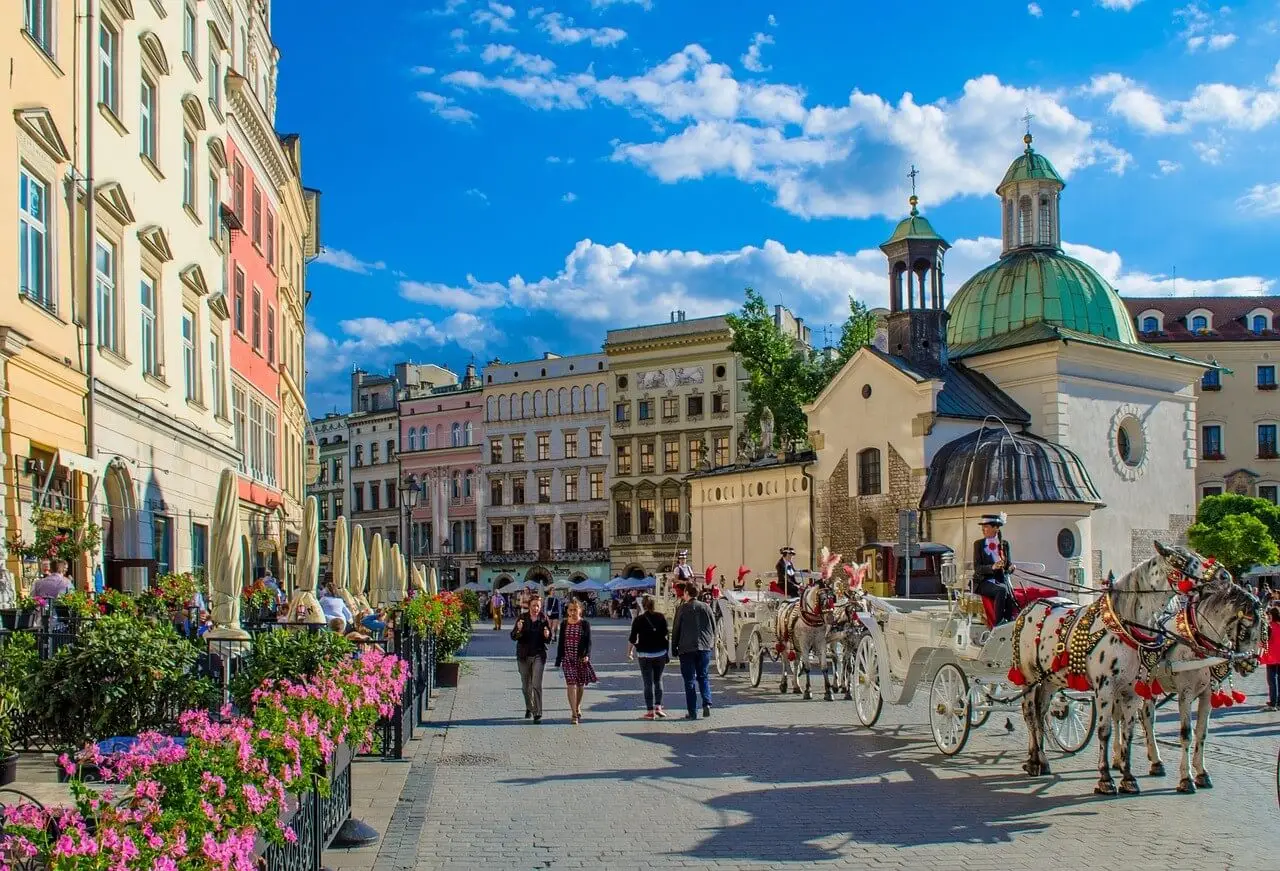One stamp on a document can turn freedom into a condition. The status indicated in the residence dictates not only the format of stay in the country, but also the scale of actions. The differences between a residence permit and permanent residence lie deeper than the legal shell: they determine who is temporarily supervising and who is truly embedded in the system. A new city, language, tax system — everything is changing. But the really important difference is how much stability a person can expect in this new reality.
Differences between a residence permit and permanent residence: the choice on which stability depends
Each relocation decision is accompanied by a status. And it depends on the model whether a person will make plans for three months or lay the foundation for three generations. The differences between a residence permit and permanent residence are manifested in small things — they ultimately determine the feeling of confidence in the future.
Legal binding: Flexibility versus stability
Temporary status creates a conditional right of residence. Deadlines, goals, conditions — everything is subject to verification. An error in the declaration, a change of job, or even a change of last name can trigger a new round of bureaucracy. In Poland, for example, a residence permit under an employment contract becomes invalid if the employer stops cooperating.
Permanent residence eliminates this risk. There is no need to prove why you are in the country — it is enough to comply with the basic laws. Housing, work, change of region — everything remains under personal control. This status is suitable for those who plan long-term residence abroad without fear of being expelled due to a technical error or a change in conditions.
Flexibility in actions: employment and business
The differences between a residence permit and permanent residence are clearly visible on a professional level. A temporary permit fixes a person within a specific activity. For example, a work permit does not give you the right to open a business or transfer to another company without a new request.

Permanent status erases these boundaries. It becomes possible to launch a startup, switch between sectors, work for yourself, or combine activities. In the context of Poland, this means the opportunity to combine formal employment with freelancing, without informing the state at each change of direction.
Territorial movement: freedom within the country
Moving from Warsaw to Krakow is a logical step if your job is changing or your family is expanding. But with a residence permit, such a step requires updating the address in the registry, and sometimes a new permit, especially if it is a regional link to the voivodeship.
With permanent residence, this restriction does not exist. The location of residence does not matter, as does the change of ownership or lease. A person is free to choose a region, just like any citizen. This is crucial when looking for a job, a place to live, or a school.
Social system: different access to medicine and education
The differences between a residence permit and permanent residence relate not only to rights, but also to the level of service. Access to hospitals, educational institutions, courses, and language programs varies. A holder of a residence permit in Poland can receive assistance only in emergency cases or if they have paid insurance.
Permanent residence opens the doors to government clinics, gives the right to a waiting list for kindergarten, school, or benefits. In practice, this means equal opportunities with citizens. No extra paperwork, no extra charges, no explanations.
Terms and conditions of extension: reliability as a basis
Each extension of the temporary status requires documents. The validity period of the residence permit is from one to three years. Upon completion, there will be a new package of certificates, new checks, and new commissions. Failure is possible even with minor inconsistencies. This puts a strain on time, finances, and psychological well-being. Permanent residence fixes the status once and for all. The only obligation is not to leave the country for a long time (usually more than a year). The extension is reduced to a formal procedure without re-verification of the grounds.
Differences: where a residence permit is suitable, and where permanent residence is preferred
 The differences between a residence permit and permanent residence are revealed in real situations:
The differences between a residence permit and permanent residence are revealed in real situations:
- Study: A residence permit is suitable for the period of study, but does not automatically transfer to work. Permanent residence gives you complete freedom — you can study and work without restrictions.
- Work: Permanent residence allows you to change an employer or start a business without bureaucracy. A residence permit requires compliance with the purpose of entry.
- Family: Reunification is possible under both statuses, but with permanent residence, family members receive more social rights and protection from expulsion.
- Real estate: For permanent residence, it is allowed to purchase any object. A residence permit restricts ownership and requires additional approvals.
- Immigration: Permanent residence provides a path to citizenship after a minimum number of years. A residence permit is often not fully counted during this period.
When to choose permanent residence, when to get a residence permit
 Choosing a status is not a matter of formality. This is a strategic decision. A residence permit is suitable for short projects, country testing, and temporary work. For those who intend to build a future — only permanent residence. In real-world cases, the difference becomes obvious. For example, an IT specialist with a residence permit in Poland will not be able to immediately switch to freelancing. The entrepreneur will not receive state support. The parent does not guarantee the child a place in the municipal kindergarten. All this is corrected by one document — a permanent residence permit.
Choosing a status is not a matter of formality. This is a strategic decision. A residence permit is suitable for short projects, country testing, and temporary work. For those who intend to build a future — only permanent residence. In real-world cases, the difference becomes obvious. For example, an IT specialist with a residence permit in Poland will not be able to immediately switch to freelancing. The entrepreneur will not receive state support. The parent does not guarantee the child a place in the municipal kindergarten. All this is corrected by one document — a permanent residence permit.
 en
en  de
de  ar
ar  es
es  nl
nl  hi
hi  fr
fr  it
it  pt
pt  el
el 










